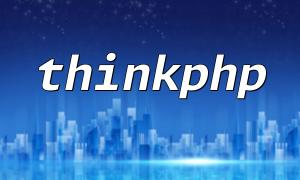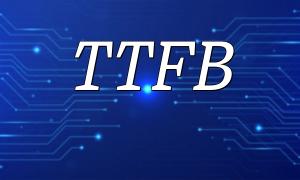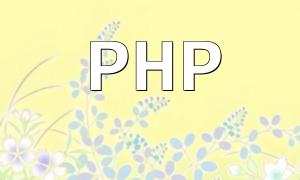In modern software development, Java, C language, and PHP are three commonly used programming languages. Each has its own strengths and application scenarios, and developers need to make the right choice based on project requirements. This article will provide a detailed comparison of these three languages to help developers make informed decisions during the development process.
Java is an object-oriented programming language known for its cross-platform capabilities and portability. Its 'write once, run anywhere' (WORA) philosophy has made it a top choice for enterprise-level applications. Java is widely used in Android application development, web applications, and large-scale system development.
The key advantages of Java include:
Stability: Thanks to Java's strong type system and extensive libraries, applications developed with Java are typically more stable.
Security: Java has multi-layer security features, making it suitable for applications that handle sensitive data.
Community Support: Java has a large and active developer community, providing rich resources and frameworks to help developers build applications quickly.
C language, as a low-level programming language, is highly valued for its efficiency and flexibility. It is particularly well-suited for system-level programming and plays an essential role in operating system, embedded systems, and hardware driver development.
The advantages of C language include:
Performance: C language can directly access hardware, making it perform exceptionally well in environments with high performance demands.
Control: C language provides direct access to system resources, allowing developers to manage memory more effectively.
Flexibility: C language is highly portable and can be adapted to various computing platforms and systems.
PHP is a popular server-side scripting language widely used for web development. Known for its rapid development capabilities and efficient database interaction, PHP is particularly popular for dynamic websites and content management systems (CMS).
The advantages of PHP include:
Ease of Learning: PHP's syntax is simple and easy to learn, making it ideal for beginners.
Development Speed: The rich frameworks and CMS systems (like WordPress) in PHP enable developers to build and deploy applications quickly.
Community Support: PHP has a large developer community, and its constantly updated resources and tools provide broad support for developers.
In summary, Java is ideal for enterprise-level applications and mobile development, C language is suitable for system programming with high performance requirements, while PHP is the best choice for quickly building web applications. When choosing the appropriate language, developers should consider project requirements, the team's technology stack, and future maintenance plans.
For projects requiring high performance and low-level control, C language is the ideal choice. Java is a great choice for enterprise applications or Android development. PHP is undoubtedly the best choice for rapidly building web applications. Each programming language has its unique advantages and application scenarios, and developers should make wise choices based on specific project needs.
Through this comparative analysis, we hope to provide you with useful guidance in choosing a programming language. Whether you choose Java, C language, or PHP, it is important to deeply study and practice to achieve the best results in your project development.









